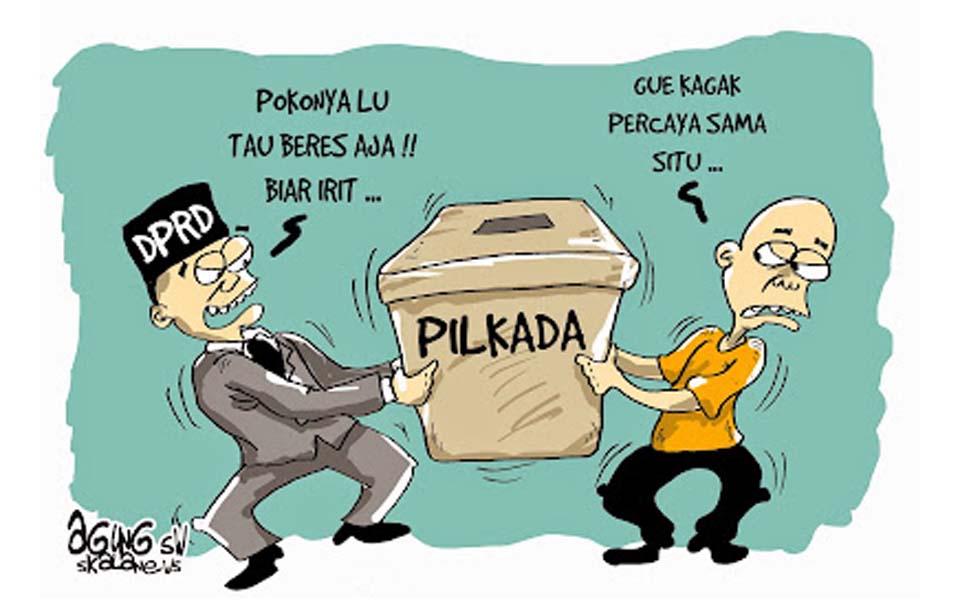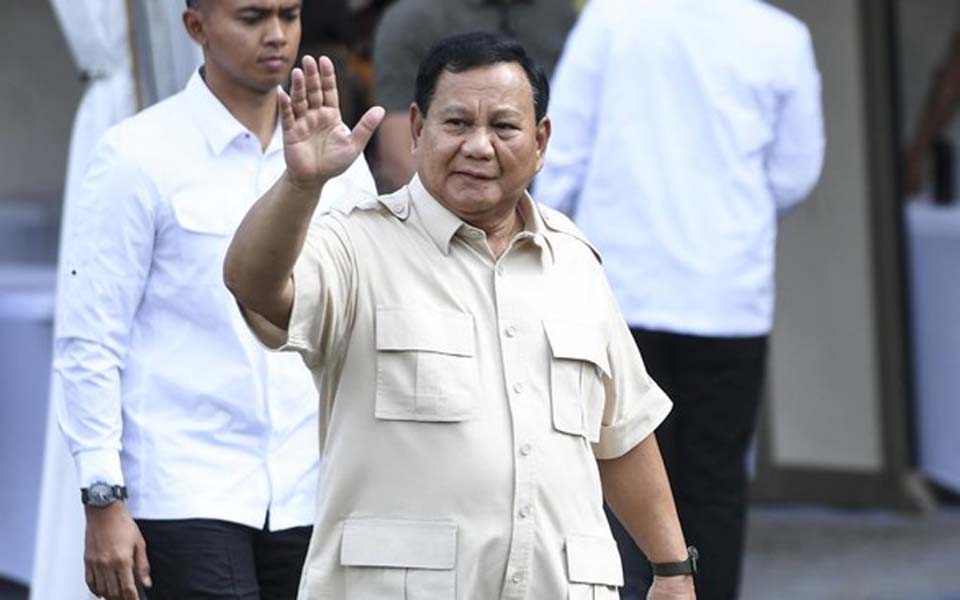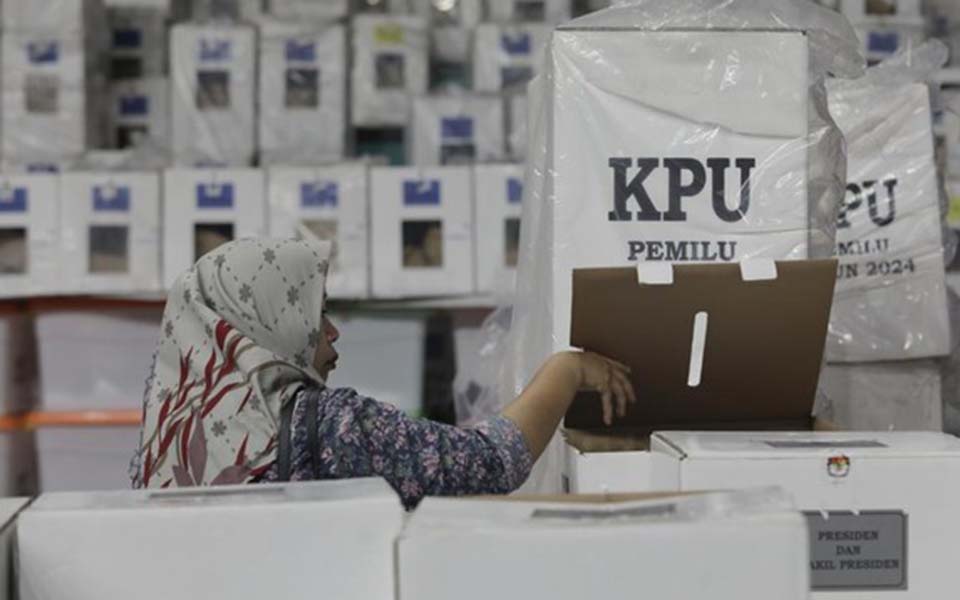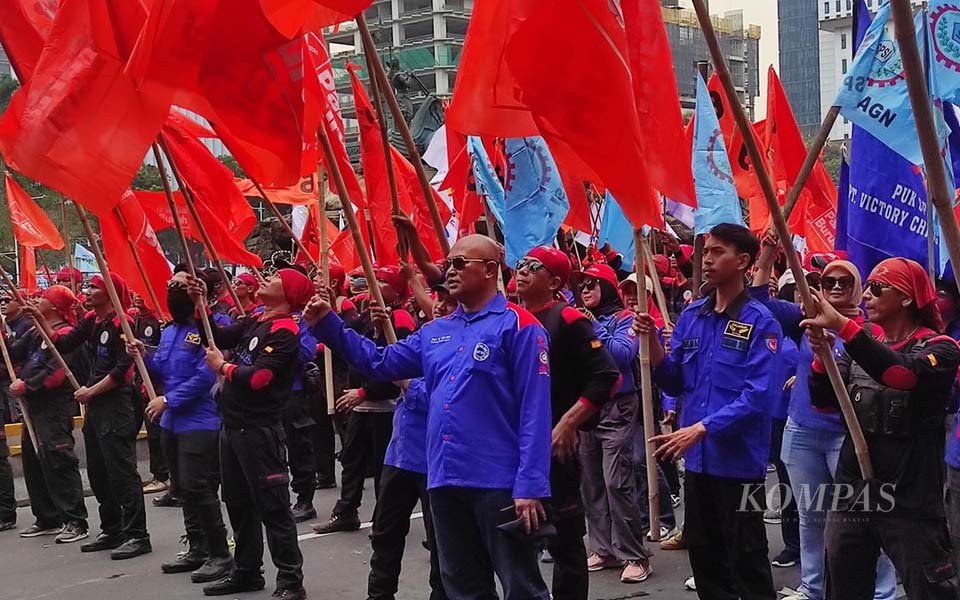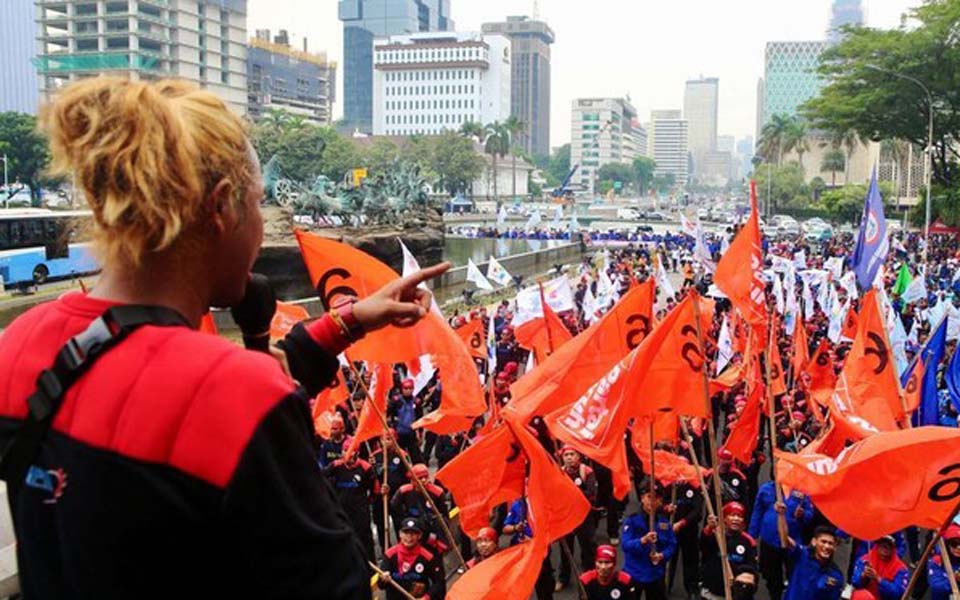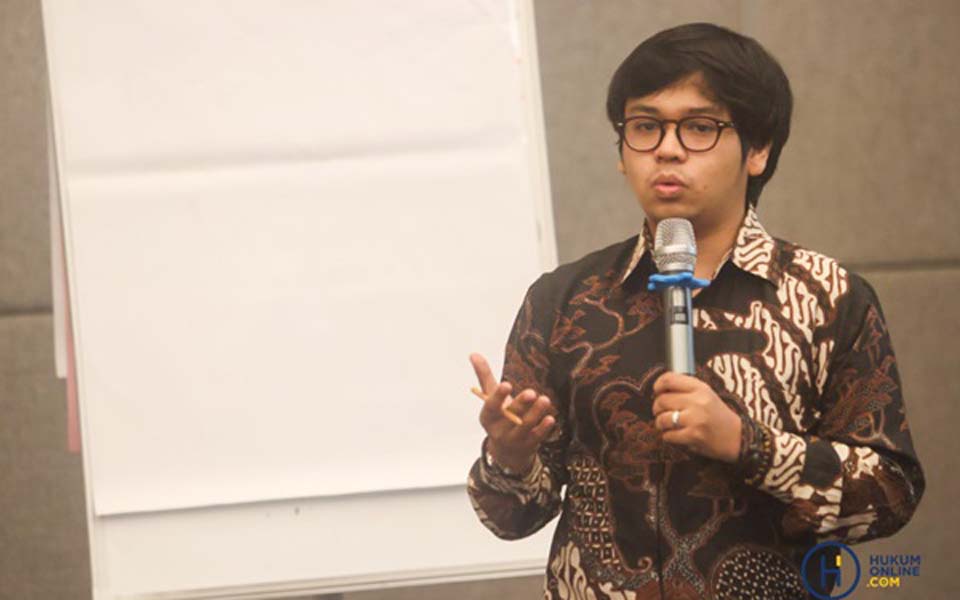Novianti Setuningsih, Jakarta – Forum of Concerned Citizens for Indonesia's Parliament (Formappi) researcher Lucius Karus says that the regeneration by the political parties is just a camouflage because it is done for the sake of creating political dynasties that are not immediately visible.
This was conveyed by Karus in response to the large number of young legislative candidate members that qualified for the national House of Representatives (DPR), but who are apparently affiliated with political dynasties.
"The politics of dynasties in the parliament also explains the political parties' cadreisation which is defective. This kind of cadreisation is just a kind of camouflage to provide a road for families in the world of politics which is not immediately visible to the public", said Karus said when sought for confirmation on Friday April 26.
Karus revealed that the problem of political dynasties is not just related to the presidential election, but also the legislative elections.
According to Karus, the political tendency of dynasties in the legislative elections has repeatedly emerged in the elections.
"And it effects all the large political parties including those who are now busy accusing Jokowi's [President Joko Widodo] political dynasty of being a big problem for democracy", he said.
Karus explained that in the context of political parties in Indonesia that are oligarchic, political dynasties became something that is inevitable.
He believes that in order to sharpening the grip of groups or families in the political parties, efforts to distribute family members in positions of power are also occurring.
"All to ensure that parties that are already oligarchic can expand their network of dynasties and power", Karus said.
"The CSIS research results are real evidence that our electoral politics have indeed become a family platform. There, cadres who are not from the elite family dynasty will be given limited space", he reiterated.
Earlier, the findings of a study by the Center for Strategic and International Studies (CSIS) showed that most of the young legislative candidates that are likely to qualify as members of the DPR for 2024-2029 are associated with political dynasties.
The CSIS noted that there were 87 young candidates who had the opportunity to qualify for parliament in the 2024 elections. Of these, 50 were relatives of the political party elite.
These findings were recorded in a CSIS report written by CSIS Department of Politics and Social Change head Arya Fernandes, who has allowed Kompas.com to publish the finding.
"Around 50 out of 87 members of the DPR (57.5 percent) who are under 40 years of age have a relationship with political dynasties", wrote Fernandes.
[Translated by James Balowski. The original title of the article was "Banyak Caleg Muda Terpilih di DPR Terindikasi Dinasti Politik, Pengamat: Kaderisasi Partai Cuma Kamuflase".]







